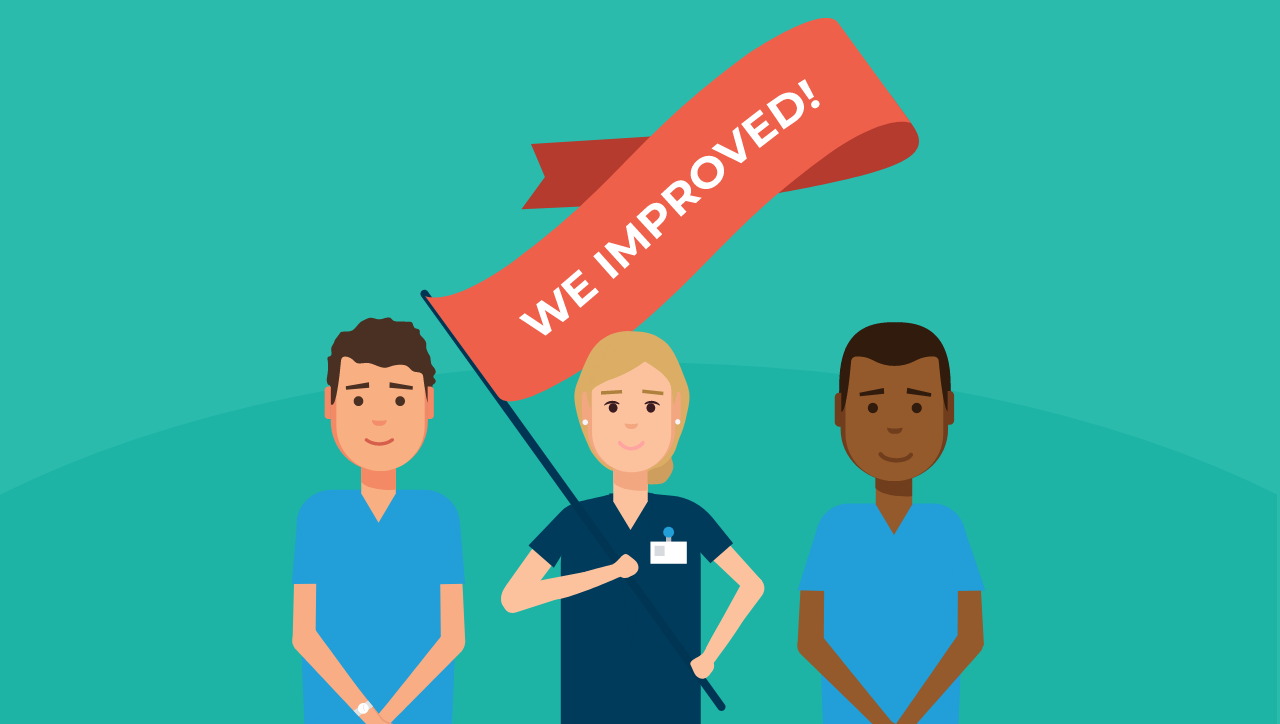TrueLearn Offers Predictive Insight Tools for Identifying At-Risk Residents Early

The anticipated costs associated with a resident board failure are significant, both for the individual resident and the residency program. Financially, residents may lose tuition reimbursement or stipends, or incur additional fees for board preparation materials in addition to the examination fees. Residents also face the emotional and financial burden of delayed career progression. Programs may experience decreased applicant pools and potential loss of funding or accreditation if the number of board failures increases too high or becomes a frequent trend. Additionally, programs may need to invest significant resources in providing additional support to struggling residents, which can strain their resources. These costs can have a lasting impact on both the resident’s career and the program’s reputation.
Residency programs need proactive methods for identifying at-risk residents as early as possible to minimize the cost and effort to get back on track. Troubleshooting too late in the program or academic year can leave program leaders and residents with limited options for effective remediation. As such, programs need a way to monitor academic engagement and progress and establish effective intervention methods as soon as possible concerning at-risk residents.
Challenges Identifying At-Risk Residents
A significant part of optimizing outcomes involves offering ongoing, comprehensive academic assessments throughout training to identify potential concerns well before exam day. However, identifying residents at risk of board failure is complicated by several issues. Residents have extremely busy schedules, for one, that require balancing extensive clinical and academic work. Likewise, program leaders and faculty are busy too juggling clinical duties, teaching, administration, and scholarly work to name a few. These schedules do not always provide adequate time for assessing or reassessing performance independently.
Additionally, traditional assessment methods, such as clinical evaluations and observation of learning through informal means, such as group review, mentorship, and didactic discussions, can be subjective and may not accurately reflect a resident’s knowledge or skills in all areas relevant to the board exam and may not adequately assess a resident’s ability to integrate knowledge across different domains. The lack of standardized data and resource constraints further complicate the identification process.
Identifying at-risk residents can be made more complicated by the fact that some residents may appear to be doing well in the gestalt, but still struggling with niche areas. While smaller programs might be able to check in with residents and glean anecdotal data related to performance, larger resident training programs often find it difficult to maintain consistent touchpoints with every resident. Programs large and small needed a solution that could answer both sides of this dilemma, providing data that could allow residents to self-assess and faculty to provide more proactive learning tools to residents.
A Data-Powered Solution for Residency Programs
TrueLearn’s learning and assessment platform provides several data visualization tools that surface predictive insights unveiling a deeper understanding of resident content weaknesses and strengths, allowing both programs and residents to reassess and reposition learning more proactively and effectively. TrueLearn’s content can be leveraged across the curriculum by faculty and residents to integrate board prep alongside teaching and studying to proactively address these pain points.
In combination, these features allow programs to deliver holistic support to all residents, elevating engagement, learning efficiency, and efficacy throughout the program while simultaneously generating the performance data that is necessary to identify and remediate at-risk residents early.
Custom Quizzing and Self-Assessment Tool for Precision Learning
One tool that facilitates early identification of at-risk residents is TrueLearn’s custom quizzing feature. TrueLearn gives both faculty and residents the ability to develop quizzes that align with the curriculum and dial into specific areas of focus. By building and administering quizzes throughout the curriculum, faculty can use TrueLearn to identify content areas of concern. Custom quizzes can also be developed to support remediation to further close knowledge gaps with struggling residents.
Resident Performance Dashboard
TrueLearn also provides the most comprehensive analytics for the review of individual performance data through resident dashboards. These insights shed light onto areas that need improvement while also delivering insights into resident success, serving as an important tool in boosting morale and confidence, and helping identify and improve content weaknesses. Via this data visualization tool, residents can realign their high-level goals and areas of focus so as to continue improving and learning more effectively.
Program Analytics and Longitudinal Insights
Finally, TrueLearn serves real-time, comprehensive performance data to program leaders for the entire program, each cohort, and individual residents. TrueLearn’s advanced reporting features provide real-time tracking and objective data to identify at-risk residents, uncover curricular trends and shortfalls to help Program Evaluation Committees (PEC) set and track progress toward meeting goals, support accreditation and Self-Studies, and determine areas for faculty professional development and interprofessional education (IPE).
The Results
By leveraging TrueLearn throughout the curriculum, program leaders can incorporate active learning through formative assessments using board-style questions to not only increase engagement, efficiency, and efficacy of learning for all residents but also easily identify specific residents who are at risk of underperforming on exam day.
TrueLearn’s suite of data visualization tools provides detailed insight into any resident’s performance. After using TrueLearn to identify areas of concern, faculty or residents can develop customized learning plans by curating quizzes that address the specific topics of concern. By leveraging a personalized approach for individual residents or even cohorts, programs can help their residents obtain a first-time pass on board exams.
The clear differentiator with TrueLearn is the innovative and robust analytics the platform affords to support program and resident success. By allowing both residents and programs to take early action and get ahead of the curve, TrueLearn proves itself to be a valuable learning tool for residents who want to improve and allows programs to identify residents who may need extra support or where curricula may be lacking.


